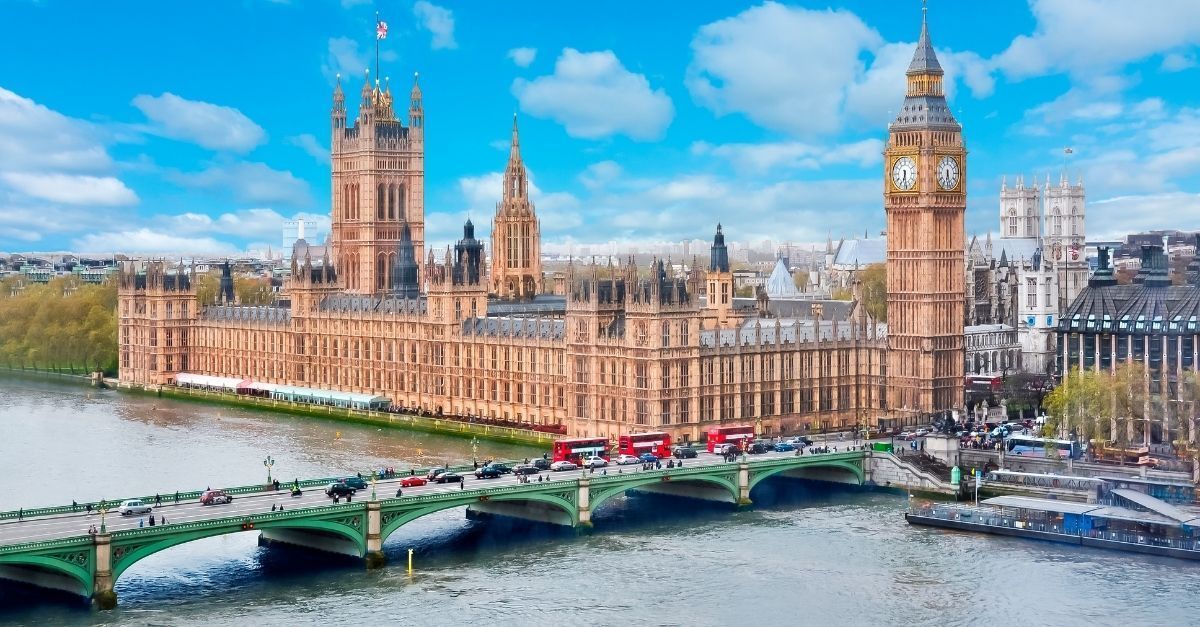Spring 2024 UK Immigration Changes: Creative Sector Impact
February 16, 2024
By: Ilaria Iovieno, Jessie Tse
On 4 December 2023, the Home Secretary announced the UK government’s ‘five-point plan’ to reduce net migration. A number of these measures focused on individuals relocating to the UK for work under the Skilled Worker route.
The concern for the Creative Sector is that it further limits the ability to hire people, particularly into longer-term roles. The sector has already been impeded by Brexit, and additional restrictions may further damage the attractiveness of the UK for the arts.
The two key measures that will impact Skilled Workers are:
- increasing the current ‘general salary threshold’ of the Skilled Worker immigration category from £26,200 to £38,700 and increasing the going rate to the median; and
- reforming the Shortage Occupation List (SOL) by removing the 20% discount to the ‘going rate’ minimum salary for SOL roles.
The Migration Advisory Committee (MAC) will advise the Home Office on creating a new Immigration Salary List. The intention for this new list is likely to have a discounted general salary threshold (i.e., the £38,700 rate). The MAC is due to report to the government by 23 February and, given the tight deadline, will not have a Call for Evidence on this occasion.
The changes are expected on 4 April 2024 and will likely have widespread consequences across all sectors, with the creative industry being one of the most impacted.
However, it is confirmed that changes will not affect those who are already within the Skilled Worker category, and their positions will be protected.
Impact on Creative Sector
The UK creative industry employs approximately 2.3 million people and contributes £108 billion per year to the UK economy. However, even full-time musicians, artists, designers and actors, among others, in the industry may not meet the new high salary threshold which limits the options for long-term projects.
The Skilled Worker route is used to fill permanent or long-term roles. Under the current immigration rules, sponsors that wish to hire employees in creative roles must match the position with one of the job codes under the Skilled Worker route, and the gross annual salaries for these roles must be able to satisfy both the general salary threshold requirement of the Skilled Worker route and the ‘going rate’ as per the job code selected.
With the Skilled Worker general salary threshold being increased from £26,200 to £38,700 per year for a 37.5-hour working week (equivalent to an hourly rate of £18.61), many jobs in the arts may not meet these salary requirements, and prospective workers may not be able to gain sponsorship, especially for theatre makers in smaller theatres.
For example, based on the UK Theatre/Equity Commercial Theatre Agreement published in August 2023, the minimum salary for an eight-show week of a deputy stage manager (DSM) in a small theatre is £452.93, which is £56.62 per show. Assuming a DSM would only work five hours on a show day, that would equate to an hourly rate of £11.32.
An alternative route that is available to roles in the creative industry is the Creative Worker visa which allows a worker to stay in the UK up to 12 months (with the ability to extend for a further 12 months from within the UK if needed) and is used by those required in the UK temporarily.
Holders of a Creative Worker visa can carry out paid performances together with their overseas support staff. Under this category, a company must be a registered sponsor and issue a Certificate of Sponsorship to an eligible individual who is paid in line with industry standards.
To assess eligibility, the employer must determine whether the role is a Shortage Occupation or qualifies under the Creative Worker Code of Practice (either by conducting a specified recruitment campaign to show that the role cannot be carried out by a UK-settled worker or being exempt from advertising as detailed in the code).
As the SOL is expected to be replaced and no clear guidance has been provided on the impact on the Creative Worker visa type, it is unclear at this stage how this will impact the sector as a whole.
Many backstage roles in theatres, including, for example, stage managers, lighting designers, directors and producers, would generally be listed in SOL under SOC Codes 3416 for Arts officers, producers and directors.
At present, migrants with jobs under this SOC Code must be paid at least £23,360 per year for a 37.5-hour working week. Raising the minimum annual basic salary threshold to £38,700 would result in serious repercussions on young professionals’ careers and the performing arts industry in general. Not many individuals in this field receive salaries above or equivalent to the thresholds, something that is particularly true for more junior roles.
Short-term Options
There are short-term alternative options available to those in the creative industry where there is no salary threshold requirement.
Artists, film crews, production teams, entertainers or musicians can visit the UK to play a gig, participate in competitions, take part in a location shoot or selected festivals, such as Llangollen International Musical Eisteddfod, Edinburgh Festival Fringe and Barbican Festival, for example. Under the visitor route, creative workers can stay in the UK for up to six months.
By entering the UK as a ‘visitor’, a US production team, including actors, producers and directors, could visit the UK as a group to shoot a film that will be produced and financed in the US. Performers could also tour around the UK, taking part in more than one festival in a single trip.
The UK visitor visa route is also open to paid engagements which can be supported by a formal invitation from a UK business and will have a duration of up to one month. Once in the UK, they are required to carry out an activity that is related to their profession overseas. For example, this can apply to galleries who wish to invite international artists to put together a show of their artwork in the UK or embassies arranging cultural events open to the public who want to invite performers from their country.
The visitor route is a valid alternative for short-term events for international creative workers, however, shows or productions that are expected to last longer than six months may wish to consider the options mentioned above.
Looking Ahead
The changes expected in April 2024 mean stricter immigration rules for the Skilled Worker route and will no doubt reduce the net migration figures.
However, the new salary thresholds plus the uncertainty around the Immigration Salary List and the Creative Worker visa means the creative sector stands to be disproportionately impacted, which is cause for concern.
To ensure preparedness, those within the sector who are responsible for staffing should start assessing their current and future recruitment needs and identify vacancies that may be affected by this shift and, where possible, bring sponsorship forward before April.
Need to Know More?
For more information or questions on the UK immigration system and the Creative Sector, please contact Associate Ilaria Iovieno at [email protected] and Immigration Paralegal Jessie Tse at [email protected].
This blog was published on 16 February 2024, and due to the circumstances, there are frequent changes. To keep up to date with all the latest updates on global immigration, please subscribe to our alerts and follow us on LinkedIn, X, Facebook and Instagram.















